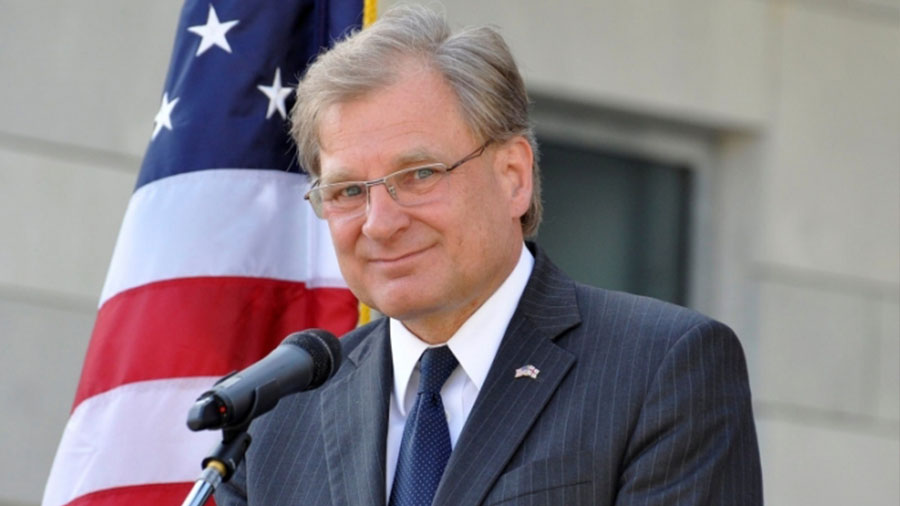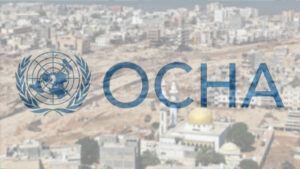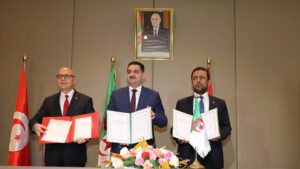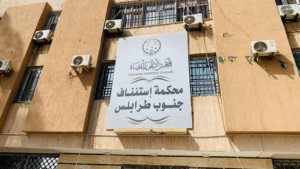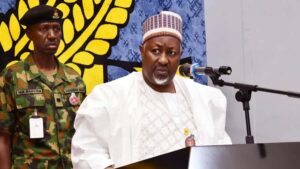The United States (US) has been actively engaged in the recent events that happened in Libya, especially after the House of Representatives (HoR) gave confidence to Fathi Bashagha as a new Prime Minister and his cabinet of about 40 ministers and state ministers to replace Abdul Hamid Dbeibah and his Government of National Unity.
Although the issue between Dbeibah and Bashagha hasn’t yet been settled yet as the former insists on being in his legitimate position till he hands over to an elected government after elections, which he said would start on June 30, the US seems to have held the stick from the middles; meaning that it neither urged Dbeibah to hand over power nor told Bashagha to back off and allow Dbeibah to work.
What Bashagha and Dbeibah said?
Bashagha has said that his newly formed government will assume power in Tripoli peacefully, adding in a video statement on his Facebook page earlier this month that his government has started all legal and administrative measures for that end.
Bashagha indicated as well that he had made all the necessary contacts and arrangements with security and military apparatuses for a peaceful handover of power without any issues within the capital.
The PM-designate expressed commitment to holding elections on time as per the roadmap approved by the House of Representatives, saying the High Council of State (HCS) will approve the same roadmap in the coming days.
He said his government will work with the HoR and HCS as well as the Presidential Council for the best interest of Libya and Libyans, looking forward to having good relations with neighboring and friendly countries.
Bashagha thanked the UN Support Mission and US embassy in Libya for its support and hoped for cooperation in completing constitutional work, holding elections and achieving national reconciliation as well as unifying state institutions.
In the Meantime, the governments of France, Germany, Italy, the United Kingdom, and the United States of America stressed in a joint statement on Friday that any disagreement on the future of the political process must be resolved without resorting to violence, warning that they stand ready to hold to account those who threaten stability through violence or incitement.
The Libyan Prime Minister, Abdul Hamid Dbeibah, said the joint statement of the five western powers and the statements of the UN as well as Advisor Stephanie Williams on the priority to hold elections are in line with his government’s plan to hold elections in June of this year.
Dbeibah added on Twitter that he had taken note of all those statements that contained a reference to the unclear and nontransparent sessions of the House of Representatives regarding the roadmap to elections, reiterating that his government’s plan and those statements are at harmony.
The Role of the US
The US ambassador Richard Norland, who is leading all Washington’s efforts to build bridges in Libya, met Prime Minister-designate Fathi Bashagha on last Saturday in Tunisia, where he commended Bashagha for his interest in pursuing urgent UN-facilitated negotiations aimed at reaching a political understanding with the PM of Unity Government, Abdul Hamid Dbiebah.
The US embassy reported that Norland and Bashagha talked about how to manage the final stages of interim governance and prepare for parliamentary and presidential elections as soon as possible.
“Ambassador Norland conveyed his understanding that PM Dbiebah is prepared to participate in these talks. The format and location of talks will be determined by the parties themselves in consultation with the UN and international partners. The US position is clear: we respect the right of Libyans themselves to determine their future.” Norland said.
He urged the Libyan parties to do these negotiations through exclusively peaceful means without any resort to violence; saying the US believes free, fair and inclusive elections are the only formula for lasting stability.
“In the current situation, choosing sides is not an option: the only side that can justifiably be chosen is peaceful negotiations.” Norland added.
Norland later in the week said Washington continues to urge calm and de-escalation in contacts with all sides, which was his message to “Dbeibah” at the meeting he hosted with foreign diplomats last Tuesday morning, reiterating that his colleagues in Washington had a similar conversation with Fathi Bashagha on last Tuesday afternoon.
On last Thursday, Norland said he had met with Bashagha and Dbeibah again. Norland said that following his meetings in Tripoli , he was pleased to meet with Parliament-designated PM Fathi Bashagha to discuss the political situation in Libya and prospects for a credible path to elections.
Before meeting Bashagha, Norland met with the PM Dbeibah and discussed the current political situation with a particular focus on preventing any outbreak of violence.
“We also discussed the responsible distribution of Libya’s oil wealth for the benefit of all the Libyan people.” Norland said, according to a tweet posted by the US embassy in Libya.
Norland urged the immediate reopening of Libya’s airspace to domestic flights, adding that as Libya enters what everyone hopes will be the final stages of interim governance, Washington emphasizes the importance of participating in good faith mediation efforts to help the country maintain stability and prepare for the presidential and parliamentary elections that Libyans continue to demand.
So after all, the US is highly engaged in the current Libyan situation with efforts to find a settlement to the new likely-to-happen division or violence in the country. However, the US engagement lacks, according to analysts, some seriousness and clarity as regards to who the legitimate PM is in Libya so that the country can avoid slipping into a new period of parallel governments.
By: Abdulkader Assad – Political Analyst

